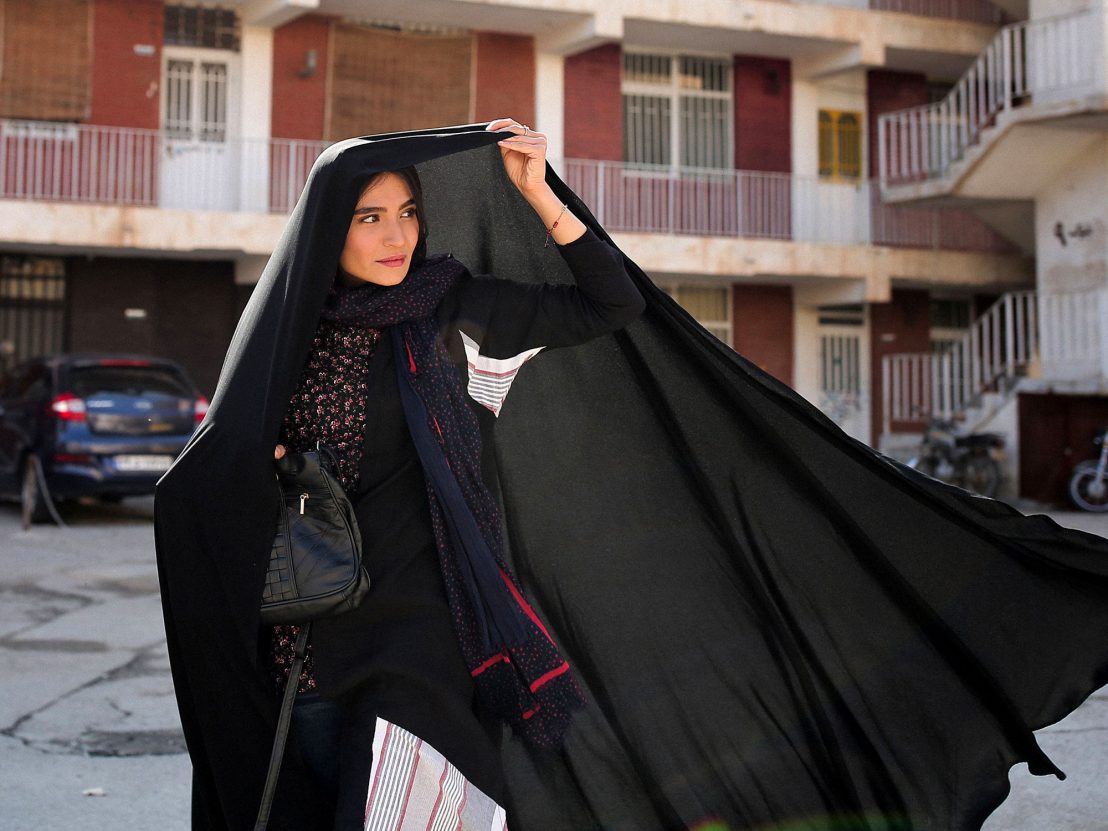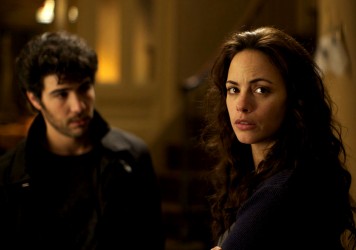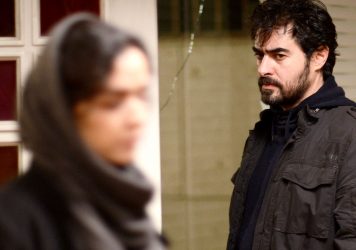
Asghar Farhadi’s exceptional Iran-centred drama is a soulful reflection on the morality of crime.
The song which played on the red carpet before Asghar Farhadi presented his latest film, A Hero, was Bruce Springsteen’s ‘The River’. In stark contrast to the schlocky pop covers which usually soundtrack gala events at Cannes (or anywhere), Springsteen’s ballad about Reagan-era malaise seemed to set the tone for Farhadi’s searing drama.
The film follows Rahim Soltani (Amir Jadidi), a young father incarcerated in debtors’ prison for failing to pay back lender Bahram (Mohsen Tanabandeh). During a two-day leave period, Rahim tries to cobble together the sum he owes his ex-business partner in exchange for leaving prison. But when Bahram refuses his partial payback offers, Rahim engages in increasingly elaborate ploys to raise the near-insurmountable sum. Soltani knows his freedom is on the line, as well as the care of his vulnerable young son, but can’t help fighting for his battered reputation.
In service of the latter more than the former, Rahim and his secret fiancée Farkhondeh (Sahar Goldust) construct an elaborate tale of Rahim’s heroism in order to exact some goodwill from Bahram. Thanks to social media, Soltani becomes a folk hero. But it doesn’t all go to plan.
In its construction, A Hero is little like Uncut Gems by way of Abbas Kiarostami, the seminal Iranian director whose calm observational style has evidently influenced Farhadi. There’s very little camera movement: Farhadi allows his characters to play out their fears and anxieties in rooms and corridors while we sit back, powerless and detached. A more dynamic approach might give the wrong impression that Rahim has any control over his fate; in truth he’s a passive observer of his own life.
Kiarostami’s fingerprints are also present in the way A Hero deals with truth and illusion. Rahim and Farkhondeh weave together so many desperate falsehoods that they lose any sense of the truth. In another specific way, Iranian cinema appears to be in a similar place to the American cinema of the 1970s: actors are cast according not to their chiselled cheekbones but by the sheer number of lines on their faces. That’s most obviously true of Jadidi, a clean-cut leading man who is near-unrecognisable here. Straggly stubble, tired eyes and a worn-out expression are crucial aspects of his character.
Having already spent three years in prison, Rahim is at the bottom of the social pile. His endeavour transforms him into an unlikely warrior in a culture war between law-and-order money lenders and the vulnerable borrowers whose ambitions require the trust of others. That precarious status quo evokes the work of Charles Dickens, whose father spent numerous stints in the debtors’ prison of the Victorian era, and even Charlie Chaplin, who gets a blink-and-you’ll-miss-it cameo.
Yet the stratified social system of A Hero can’t be confused with any sort of political dissonance. Farhadi has always played a careful game in order to have his deeply authentic films permitted in his rigid home country. Though this film was produced largely with French money, the director is still clearly interested in telling Iran-centred stories. We should be so lucky: there’s no one doing it better.
Published 14 Jul 2021

Tahar Rahim and Bérénice Bejo are on top form in this immaculate study of marital disharmony.

By Ella Kemp
Haifaa Al Mansour’s latest sees female doctor challenge Saudi Arabian social norms by running for local election.

Asghar Farhadi offers another astute look at contemporary Iranian society in this compelling relationship drama.